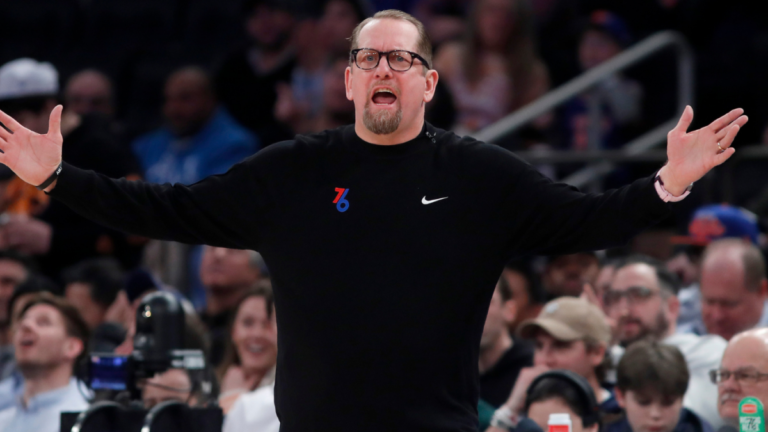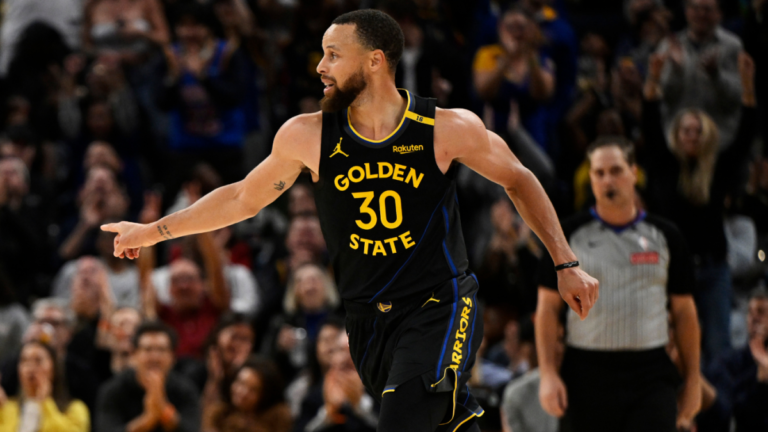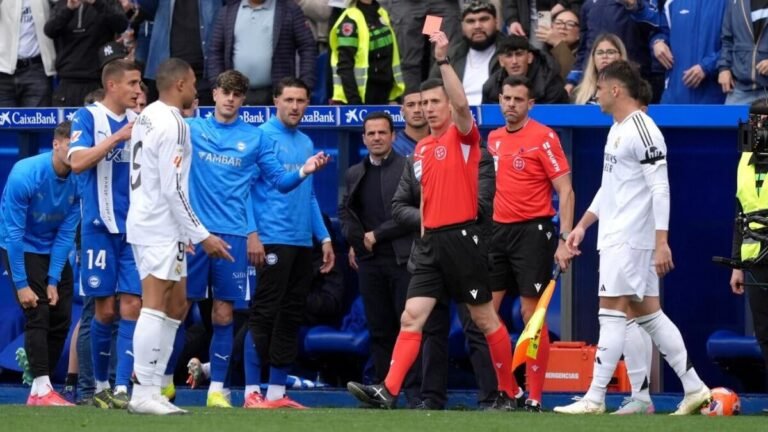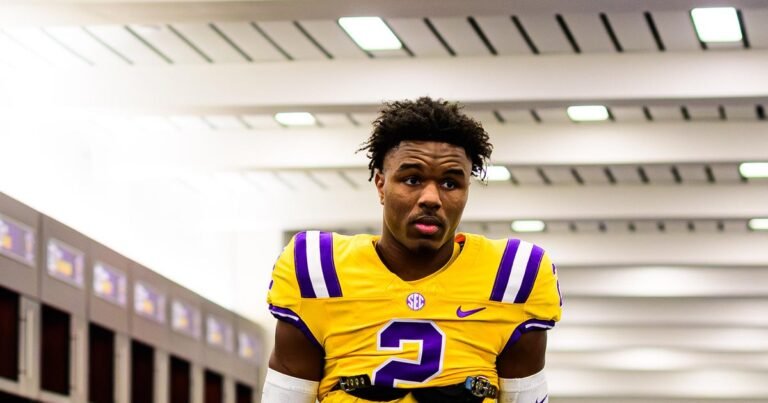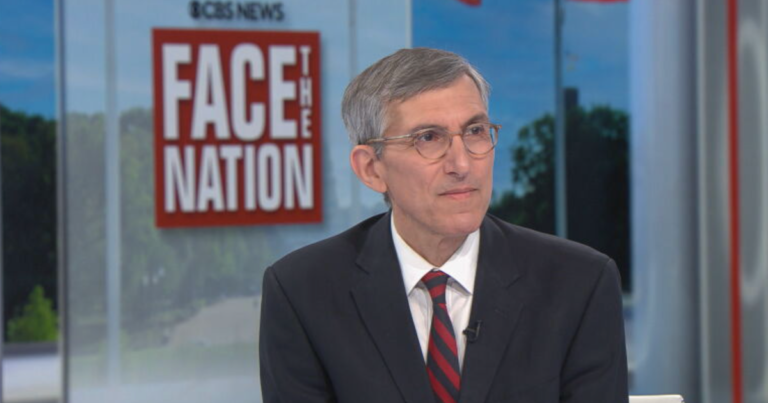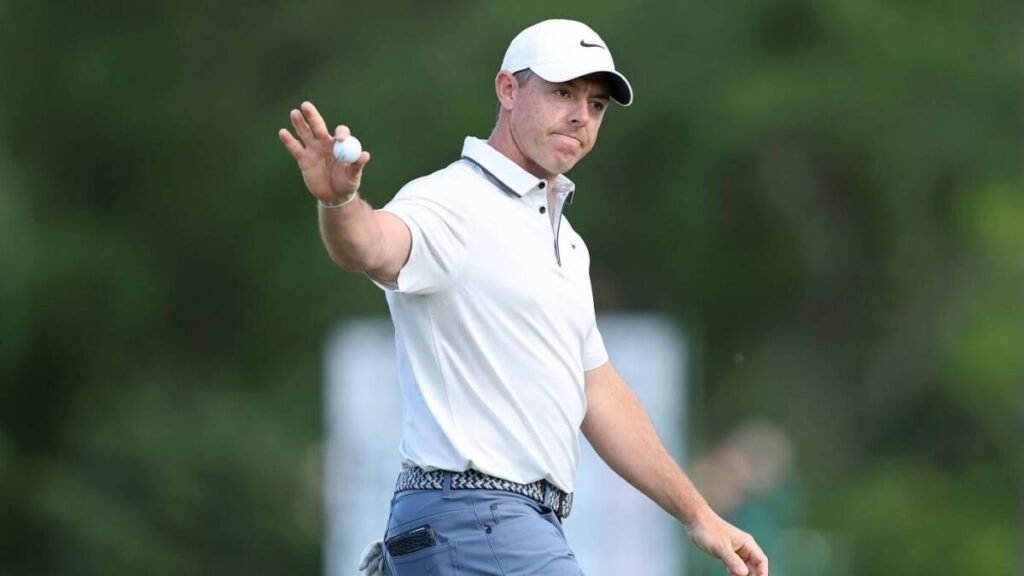
AUGUSTA, Ga. — They heard a roar and believed it was for their man. Unaware of his troubles around the turn, those up ahead were smiling from ear to ear. Rory McIlroy had made his move across the first seven holes at Augusta National Golf Club on Saturday to take the solo lead, the long-sought-after green jacket now seemingly in range.
The contingent was diverse and consisted of patrons from all walks of life — athletes, celebrities, business executives and kids. They all cheered for the same outcome. It was a small herd, the larger pack still a hole adrift, but it wasn’t long until the cattle came charging down the hill, their man not far behind.
news came with them — not the type they hoped to hear. The roar wasn’t for McIlroy, who had made noise on the green prior, but playing partner Corey Conners. The advantage, which had ballooned to as many as three — thanks to an Augusta National-record six threes out the gate — was now down to one with the Canadian and McIlroy’s U.S. Open foe breathing down.
A 3-putt bogey was McIlroy’s result, yet his momentum never waned. Standing in the 11th fairway as 50 shades of green rustled behind him, only one thought existed in his mind: the shot at hand. There was no running ahead like those outside the ropes; the Ulsterman remained in a bubble on his own creation.
Free swings filtered through Amen Corner, all belonging to him. A “huge” par on No. 11 kept the bounce in his step before a decision was required on the scoring opportunity around the bend. An ovation for his counterpart came on the tee box behind, but McIlroy never flinched as he pondered his hand.
Weighing his options as the patrons to his side did the same, McIlroy’s caddie, Harry Diamond, flashed four fingers signifying he was giving it a chance. The sun emerged, glistened off Rory’s face. He gave it a rip.
This was no off-speed pitch; it was the full business. Through the green it went. Those up ahead cheered, a birdie came calling soon after and back to double digits McIlroy went. The momentum was palpable.
The scoreboard on No. 17 provided news of McIlroy’s four; the patrons awaiting him filtered to the adjacent hole hoping to catch a glimpse. Wide corridors never felt so close, and as pairings parsed through, McIlroy sauntered past the typical landing zones to the one only he knew.
Wielding a 6 iron, he struck a beauty. There wasn’t a breath before he took his next step. His gait continued in stride as the greenside grandstand rose in unison. McIlroy formed his right fist and gave it a subtle squeeze. It was the shot of the tournament. It was his, indeed.
McIlroy’s lead doubled with one swing of the club. From 205 yards to 6 feet took him from 2 up to 4 ahead. The free feeling kept coming as well-struck shots on the final three came calling. No more birdies proved to be in McIlroy’s future late Saturday afternoon, but a second straight 66 set the bar.
A two-stroke edge belongs to McIlroy entering Sunday’s final round at Augusta National. A green jacket, the career grand slam and golf immortality — all on the line.
As easy as it came for the four-time champion in the third round, Sunday’s affair may well prove to be the most difficult 18 holes of his career.
“That final group is going to be a little rowdy and a little loud,” McIlroy said. “I’m just going to have to settle in and really try to keep myself in my own little bubble and keep my head down and sort of approach tomorrow with the same attitude that I’ve tried to approach the last three days.”
Two patrons walked through the valley between the 1st and 9th holes at Augusta National late Saturday evening. They had left the McIlroy pairing right as he had made his statement on No. 15, heading towards the exit. They believed the Masters belonged to Rory, but little did they know Bryson DeChambeau had other plans they likely bemoaned once regaining possession of their digital devices.
The reigning U.S. Open champion, who bested McIlroy 10 months ago, made a late move of his own with birdies on three of his final four holes. He clinched a date in the final pairing with McIlroy ensuring the 35-year-old would have to step through all the demons that have largely surrounded him on his trek to the Promised Land.
“I think I still have to remind myself that there’s a long way to go, just like I said yesterday, 18 holes. I, just as much as anyone else, know what can happen on the final day here,” McIlroy said. “I’ve got a lot of experience. I came in here talking about being the most complete version of myself as a golfer, and I just have to keep reminding myself of that and remind myself that no matter what situation or scenario I find myself in tomorrow, I’ll be able to handle it.”
As McIlroy gets closer to his Masters dream and career grand slam quest the chances of either euphoria or anguish will only increase exponentially. The greatest victory or worst defeat of his career; it’s an either-or scenario. The outcome will cut immensely deep.
The two patrons carried on toward the parking lot, green chairs slung across their backs. They shared stories of McIlroy’s Saturday attack. It donned on them as they glanced at the big board: McIlroy’s opening-round 72 seemed so far away, a distant past.
“This game of golf is crazy,” one of them uttered. “It can either be a perfect dream or your worst nightmare.”
No one knows that existence more than McIlroy.
“[The plan is to] go out there, and I’ve talked about trying to chase a feeling out there, you know, if I can have that feeling,” McIlroy said. “And if I can go home tonight and look in the mirror before I go to bed and be like, ‘that’s the way I want to feel when I play golf,’ that, to me, is a victory.”
